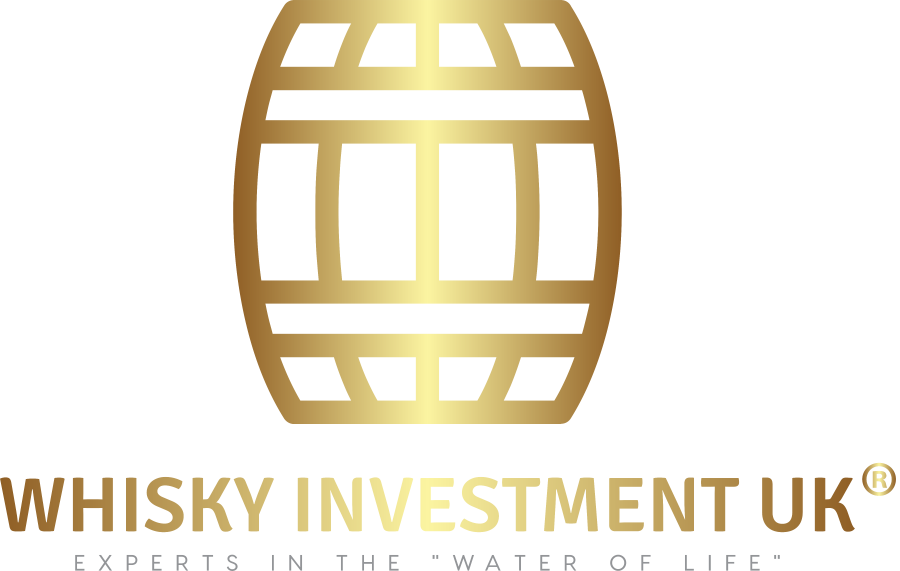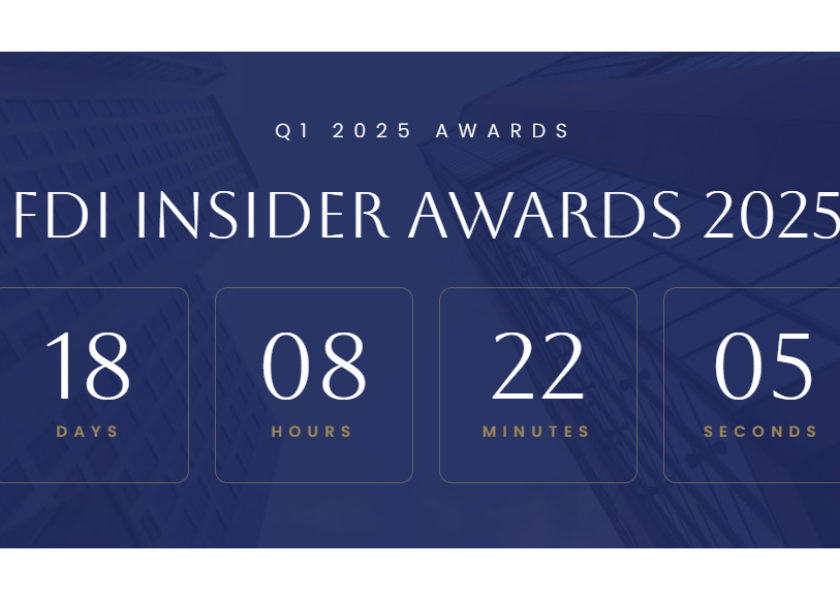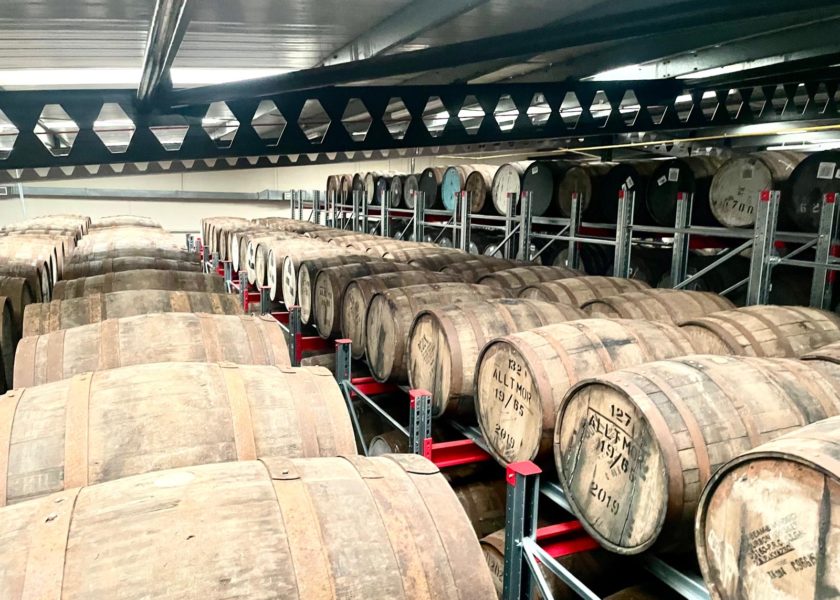Leading Scotch maker Chivas Brothers wants to double exports to India if New Delhi eliminates whisky tariffs, a top UK demand in bilateral trade talks ahead of Prime Minister Boris Johnson’s visit to India this week.
India is the world’s largest whisky market and the second-largest Scotch export market by volume. But the industry blames 150 per cent tariffs on imported liquor for holding back growth in the country of 1.4bn people.
Levies on whisky makers have become a sore point in UK-India trade relations and a core issue in trade talks that began earlier this year.
Johnson will travel to India this week and meet Prime Minister Narendra Modi as he looks to advance the negotiations and broaden security co-operation in response to Russia’s invasion of Ukraine.
Jean-Etienne Gourgues, chair of Chivas Brothers, part of France’s Pernod Ricard group, told the Financial Times that “the odds have never been so high” that a trade deal would be reached

Scotch “is a very small portion of all the whiskies which are being enjoyed [in India]”, he said. “The midterm target would be to at least double the size of the market. And with the size of the population of the middle class, I’ve seen the appetite is extremely high. It should become one of the top markets.”
Trade between the UK and India was worth £18.5bn in 2020 but has stagnated over the past decade. By comparison trade between the UK and Belgium in the same year was £38bn.
India accounts for 1.2 per cent of British exports — it is the UK’s 21st-biggest export market — and UK companies sell more to countries including Singapore, Sweden and Norway.
London and New Delhi last year agreed a UK-India Comprehensive Strategic Partnership to boost investment and jobs as part of a plan to double trade by 2030. But analysts remain sceptical that a long-mooted free trade deal could be finalised in time for general elections in both countries in 2024.
New Delhi’s longstanding demand for easier access to British visas for Indian students and skilled workers has also proved politically contentious in the UK.
Anne-Marie Trevelyan, UK trade secretary, has said that “everything is on the table” as the countries look to finalise a deal.
Sam Lowe, director of trade at Flint Global, said the UK had already given India “a lot of what they want” on immigration after Brexit and that a trade deal was possible.
The removal of the so-called Tier 2 cap on skilled workers in December 2020 and the UK’s decision to put Indian workers on the same footing as their EU counterparts was crucial.
But India is expected to push for greater access, to the discomfort of some Conservative MPs and immigration hawks in the Home Office.
“Boris Johnson could do this, but it would involve a bit of a fight with the Home Office,” Lowe said, adding that any trade deal between India and the UK might initially be “quite shallow”.
But Lowe said the politics “were not in the right place” for an early and ambitious agreement, given New Delhi’s refusal to criticise Russia’s invasion of Ukraine.
Indian authorities have long been wary of opening up domestic industry with free trade deals but the country recently signed an agreement with the United Arab Emirates and an interim deal with Australia. Most whisky consumed in India is produced locally and high levies on imported liquor are an important source of revenue. But the country has also long taken an antagonistic view of the alcohol industry, with outright prohibition imposed in several states. The Scotch Whisky Association said it hoped the two countries could reach an interim “early harvest” agreement ahead of a full trade deal.





